
from: northumbia.ac.uk
May 31, 2013
Year-in, year-out the circus comes to town. But in 2013 circuses are in trouble. Seen by many as entertainment from a bygone age and facing Government action to ban circuses with wild animals, what is it that keeps circuses on the road? Why do they carry on going?
The surprising answer has been found by Northumbria University academic, Professor Ron Beadle, who has published the first major study of the motivations of circus-owner directors in the UK and Ireland
His research, published in The Journal of Business Ethics, examines the factors that drive circus managers to continue in the industry despite such intense opposition and obstacles. Data was gathered through a series of interviews with individuals who had owned and managed traditional touring circuses for at least 15 years, a period in which the economic and reputational fortunes of traditional circuses have suffered badly.
The research concludes that the resilience of circus managers is due to a sense of being ‘called’ to their line of work. Whereas previous research on the calling orientation in individuals has focused on non-managerial employees, this new study provides evidence of both calling and constancy amongst business owners or managers.
Prof Beadle, Director of Research Ethics, said: “The people who run Britain’s circuses do it for love, not for money. I interviewed Circus Directors who have kept shows on the road for 15 years or more. Their lives are hard, they are CEO’s, transport managers, marketers, finance directors and stage managers all rolled into one.
“Their business is vulnerable to the weather, to animal rights protestors, hostile local authorities and increasing fuel costs. Yet they continue because of an emotional bond with their art form and the people who perform it.
“The circus is a unique form of entertainment. Unlike the theatre, the artists create their own performance and on every circus you can find people from across the world living and working together in a single travelling community. Like many modern organisations, circuses are both global and local and have been like that for a very long time.”
The modern circus began in Britain in the 1760s before being exported to the rest of the world. They became enormously popular in the 19th Century and the first half of the twentieth century but the last few decades have seen a marked decline.
Professor Beadle’s research, entitled Managerial work in a practice-embodying institution: The role of calling, the virtue of constancy, is published in The Journal of Business Ethics.


























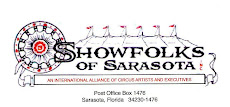
















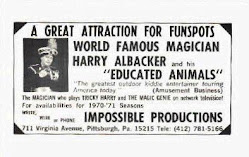

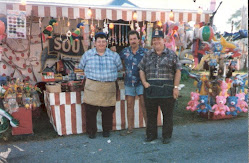










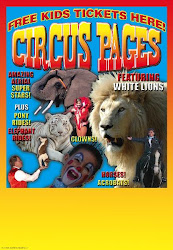

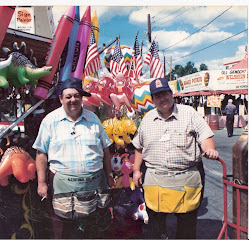
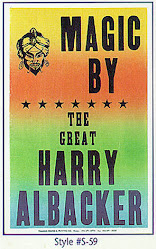















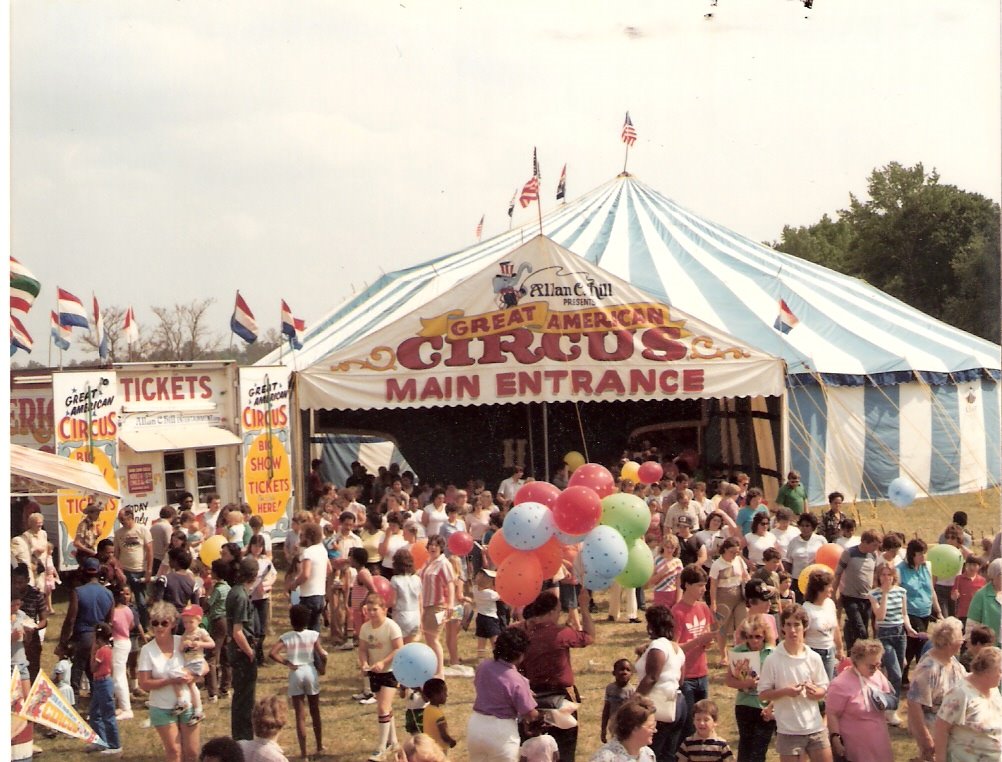









No comments:
Post a Comment